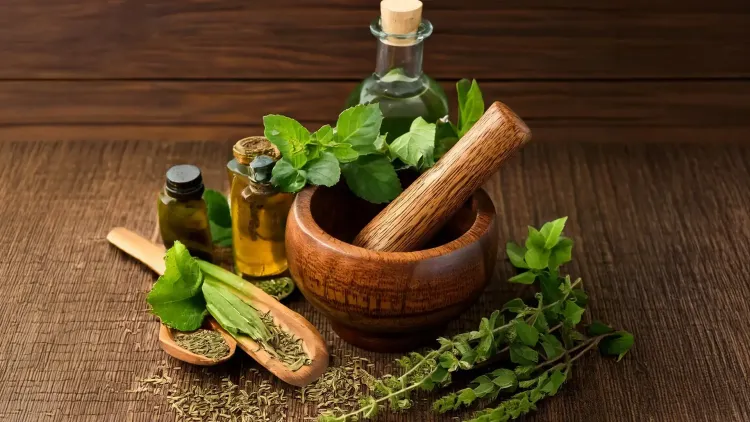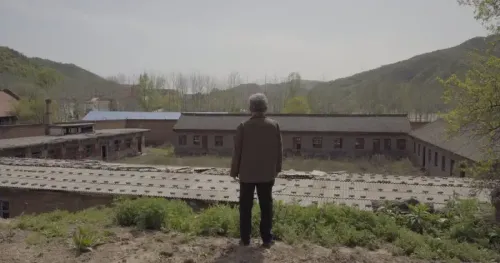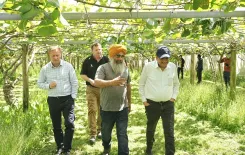How is the Pharmacopoeia Commission Enhancing Ayush Drug Regulation?

Synopsis
Key Takeaways
- Enhancement of regulatory frameworks
- Capacity building in drug quality assurance
- Hands-on training in GMP
- Expert-led discussions on pharmacopoeial standards
- Real-world exposure through industry visits
New Delhi, Sep 13 (NationPress) The Pharmacopoeia Commission for Indian Medicine and Homoeopathy has successfully executed a Capacity-Building Training Programme aimed at improving the regulation and quality of Ayush drugs, according to the Ministry of Ayush.
Conducted over five days from September 8 to 12 in Ghaziabad, this initiative was designed to bolster the regulatory framework, quality assurance, and standardisation processes for Ayurveda, Siddha, Unani, and Homoeopathy drugs.
The programme gathered 27 participants from various parts of India, representing regulatory authorities, research councils, pharmaceutical sectors, and educational institutions.
The extensive sessions were tailored to provide Drug Enforcement Officers, Quality Control Personnel, and drug manufacturers with in-depth knowledge and practical experience regarding pharmacopoeial standards and Good Manufacturing Practices (GMP).
Technical topics included pharmacognostic identification, phytochemical analysis, and GMP adherence, complemented by hands-on training in state-of-the-art pharmacognosy and chemistry labs.
Expert-led lectures addressed shelf-life studies and regulatory frameworks, followed by insightful industry visits to Dr. Willmar Schwabe India (Noida) and Hamdard Laboratories (Ghaziabad), providing participants with real-world insights.
Discussions during the sessions encompassed microbiological and pharmacological evaluations, the standardisation of metal and mineral drugs, and essential regulatory aspects. Participants also engaged in laboratory training and toured the on-site herbal garden.
Topics included NABL accreditation, GMP, and the standardisation of Siddha drugs.
Participants expressed their appreciation for the programme's unique combination of expert-led lectures, hands-on lab sessions, and field visits.
This training significantly advanced their understanding of pharmacopoeial standards, GMP, and regulatory compliance, reinforcing the national commitment to ensuring the safety, efficacy, and quality of ASU&H drugs.








